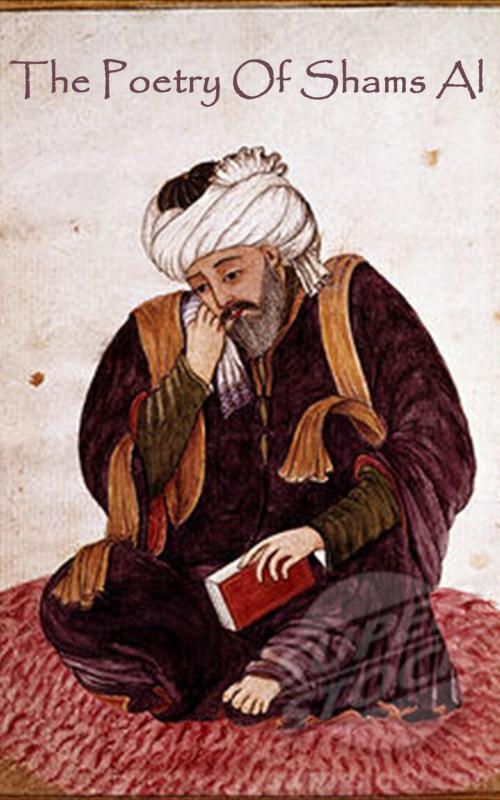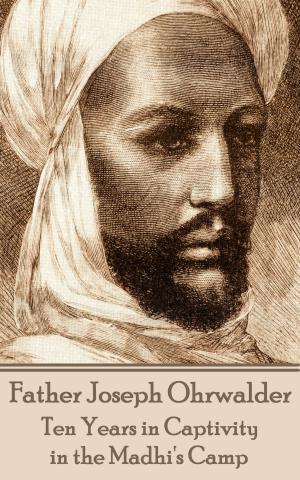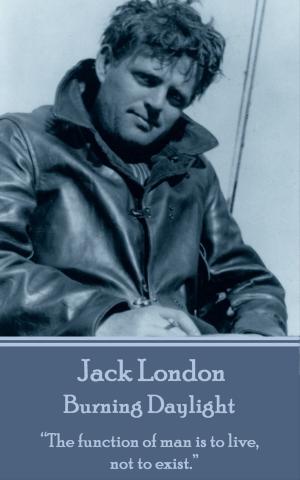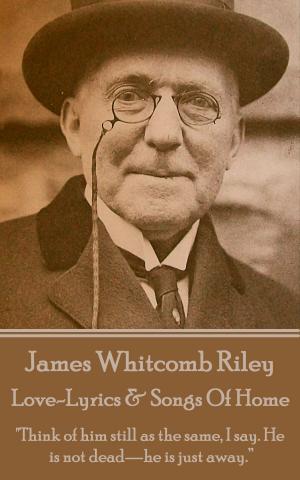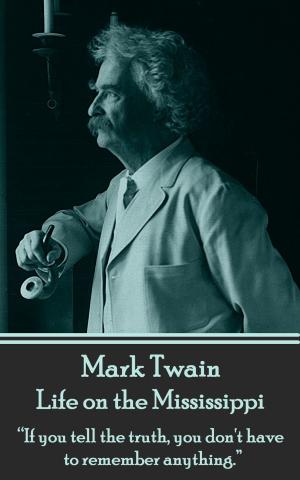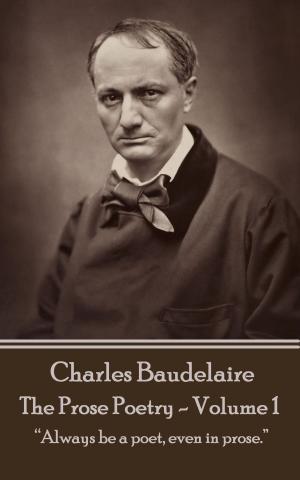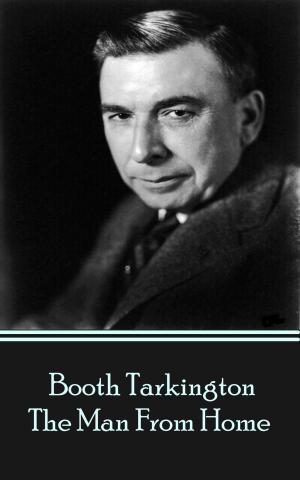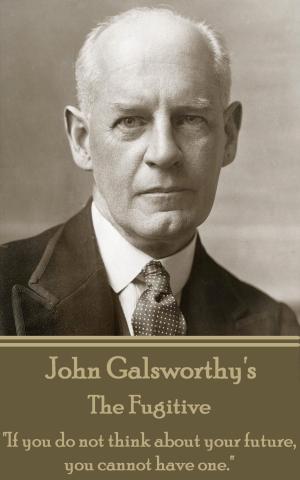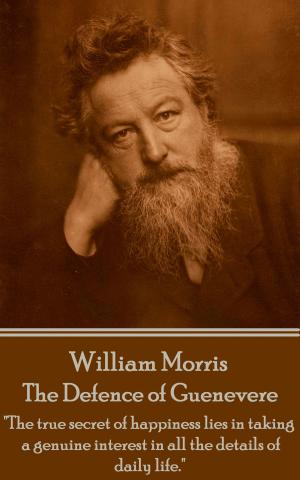| Author: | Shams Al | ISBN: | 9781783947904 |
| Publisher: | Deadtree Publishing | Publication: | February 2, 2015 |
| Imprint: | Portable Poetry | Language: | English |
| Author: | Shams Al |
| ISBN: | 9781783947904 |
| Publisher: | Deadtree Publishing |
| Publication: | February 2, 2015 |
| Imprint: | Portable Poetry |
| Language: | English |
Shams Al-Din Hafiz, poet, mystic and scholar, was born between 1315-1317 in the central Iranian city of Isfahan, although was better known for his time spent in Shiraz, further south of the country, where he lived most of his life and wrote most of his poetry. His title Hafiz is given to someone who has learned the Koran by heart which he did at an early age despite little formal education. It is thought that he also memorised the works of the poet Jalaluddin Rumi and spoke fluent Persian and Arabic. Despite the enormous acclaim for his poetry during his own lifetime with numerous invitations for patronage and many imitators of his work throughout the Islamic world, little is known about his life. After his death there were many stories surrounding his life, often of mythical or semi miraculous proportion, which makes it difficult for scholars of his work to ascertain the true facts of his life. We do know that he met, married and had a child with the great beauty, Shakh-e-Nabat (meaning ‘branch of sugar cane’) to whom many of his poems are addressed, that he had a spiritual master, Attar of Shiraz, became a professor of Koranic studies and was a poet of the court of successive rulers of Shiraz including Abu Ishak and later Shah Shuja. His works (Divan) most prized are nearly 500 ghazals, which like the sonnet is a poetic form that he is considered the incomparable master of as his remarkable talent provides sensitive and creative expression to a depth of meaning and truth which still today is consulted by many for guidance in their own lives. His work was first translated into English in 1771 and can now be found in most languages throughout the world. Ralph Waldo Emerson said of him: “He fears nothing. He sees too far; he sees throughout; such is the only man I wish to see or be”,Arthur Conan Doyle : “There is as much sense in Hafiz as in Horace, and as much knowledge of the world" and Goethe: "In his poetry Hafiz has inscribed undeniable truth indelibly ... Hafiz has no peer!" It has been roughly calculated that Shams Al-Din Hafiz died in 1390 and still today lovers of his poetry flock to his mausoleum in the Musalla Gardens on the banks of his beloved Ruknabad river in Shiraz especially on 12th October which in Iran is known as Hafiz Day in his honour.
Shams Al-Din Hafiz, poet, mystic and scholar, was born between 1315-1317 in the central Iranian city of Isfahan, although was better known for his time spent in Shiraz, further south of the country, where he lived most of his life and wrote most of his poetry. His title Hafiz is given to someone who has learned the Koran by heart which he did at an early age despite little formal education. It is thought that he also memorised the works of the poet Jalaluddin Rumi and spoke fluent Persian and Arabic. Despite the enormous acclaim for his poetry during his own lifetime with numerous invitations for patronage and many imitators of his work throughout the Islamic world, little is known about his life. After his death there were many stories surrounding his life, often of mythical or semi miraculous proportion, which makes it difficult for scholars of his work to ascertain the true facts of his life. We do know that he met, married and had a child with the great beauty, Shakh-e-Nabat (meaning ‘branch of sugar cane’) to whom many of his poems are addressed, that he had a spiritual master, Attar of Shiraz, became a professor of Koranic studies and was a poet of the court of successive rulers of Shiraz including Abu Ishak and later Shah Shuja. His works (Divan) most prized are nearly 500 ghazals, which like the sonnet is a poetic form that he is considered the incomparable master of as his remarkable talent provides sensitive and creative expression to a depth of meaning and truth which still today is consulted by many for guidance in their own lives. His work was first translated into English in 1771 and can now be found in most languages throughout the world. Ralph Waldo Emerson said of him: “He fears nothing. He sees too far; he sees throughout; such is the only man I wish to see or be”,Arthur Conan Doyle : “There is as much sense in Hafiz as in Horace, and as much knowledge of the world" and Goethe: "In his poetry Hafiz has inscribed undeniable truth indelibly ... Hafiz has no peer!" It has been roughly calculated that Shams Al-Din Hafiz died in 1390 and still today lovers of his poetry flock to his mausoleum in the Musalla Gardens on the banks of his beloved Ruknabad river in Shiraz especially on 12th October which in Iran is known as Hafiz Day in his honour.
